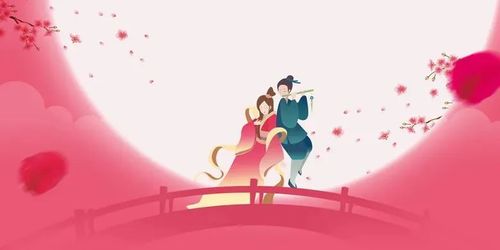
Auther:2022-08-02
Tanabata, the seventh day of the seventh month of the lunar calendar, is a traditional Chinese folk festival. The festival is derived from the worship of the stars, and is traditionally known as the Birthday of the Seventh Sister, because the worship of the Seventh Sister is held on the seventh day of the seventh month. It is a traditional custom of Tanabata to worship Tanabata, pray for blessings and wishes, beg for coincidental arts, sit and watch the star of the weaving cow, pray for marriage, and store Tanabata water. The Tanabata Festival is not only a festival of worshipping the Seven Sisters, but also a festival of love, a comprehensive festival with the folklore of Cowherd and Weaving Maiden as the carrier, with the theme of praying for blessings, begging for coincidences and love, with women as the main body.

The Tanabata Festival began in ancient times, became popular in the Western Han Dynasty, and flourished in the Song Dynasty. In ancient times, the Tanabata Festival was an exclusive festival for girls. On the seventh day of the seventh month, they would fight against each other, mainly begging for a needle, happy spider should be coincidental, to the moon through the needle, lose coincidence , Orchid night fight coincidence and throw needle to check coincidence and other forms. In the clear summer and autumn night, the sky shines with stars, a Milky Way across the north and south, the east and west banks of the Milky Way, there is a shining star, looking across the river, opposite each other, that is Altair and Vega. Later, the star of Woo Woman has been derived into a mythical goddess, which is called Seven Sisters, Heavenly Fairy Goddess, Seven Niang Ma, etc. It is the protector god of weaving clouds, lovers, women and children. Countless sentient men and women in the world would pray to the Weaving Maiden on the night of Tanabata for their marriage success.

